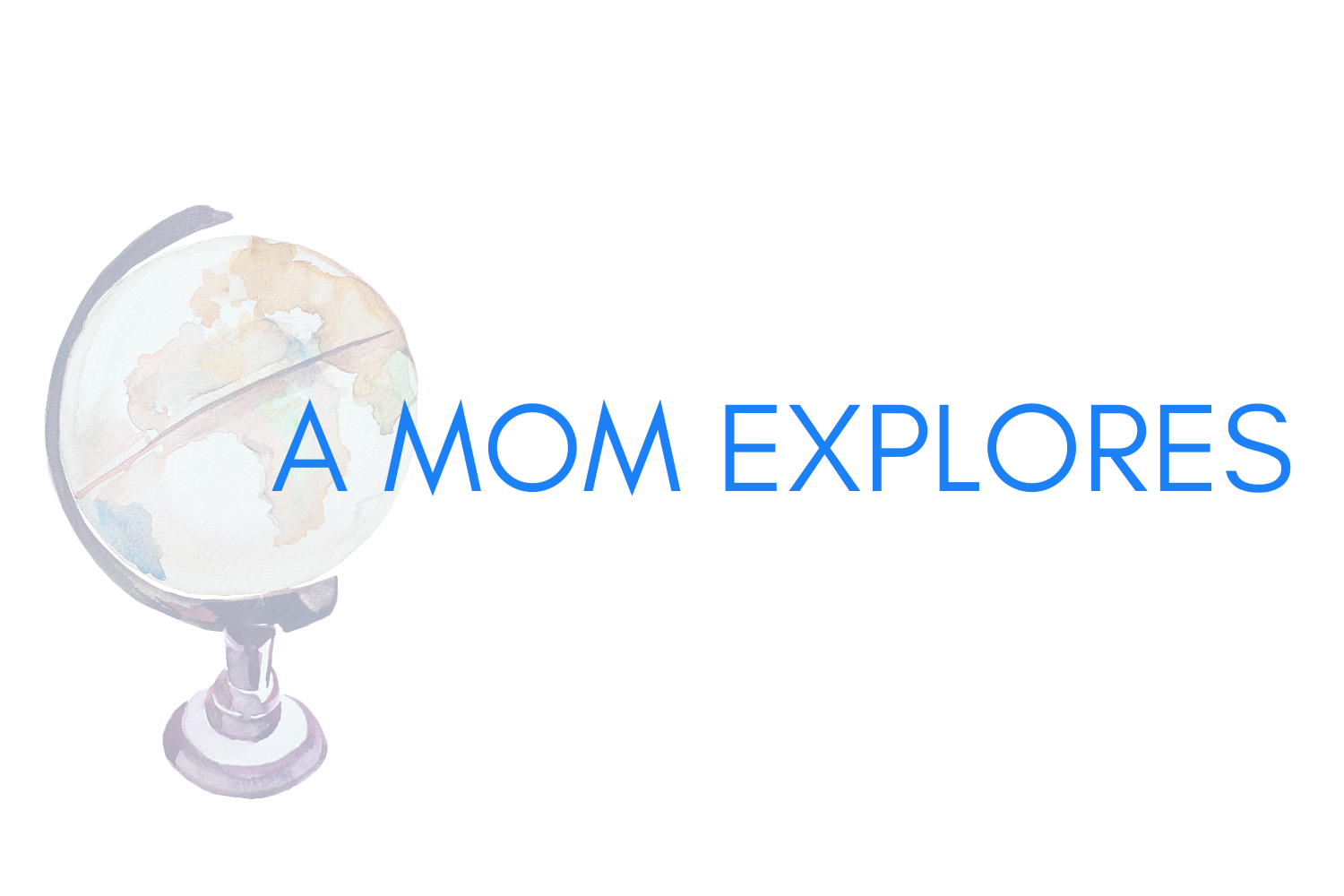on learning a language
I spend a lot of time thinking about, reading about, and practicing learning a language.
Learning my second language was all verb forms and vocab lists until the summers of 2004 and 2005 when I finally had the chance to put what I had learned into practice. For 10 days in the state of Sonora, Mexico we traveled to 1-3 villages each day spreading the Good News, singing songs, doing crafts, and bringing donations. I still recall with great clarity the first extemporaneous speech I gave on God's Great Exchange. I'm sure I made a TON of grammatical errors, but what sticks out to me is the feeling of accomplishment that I was able to somewhat intelligibly convey a message more profound than "my name is Emily and I have 16 years."
The only reason I was able to do so was by putting together fragments from a speech my Spanish teacher helped me write, which I had memorized countless times in the old beige truck on the way to each village. I can't remember the reason I couldn't give the straightforward speech I had memorized, but I do remember the feeling at first of anxiety, and then of excitement to meet the challenge presented before me. I would pull phrases and ideas from my speech, and rearrange and combine them with words and phrases I already knew.
 Since no one threw rotten produce at me, or gave me the look I got from my Spanish students every day of my teaching career, I'm going to assume they understood at least part of what I was trying to say.
Since no one threw rotten produce at me, or gave me the look I got from my Spanish students every day of my teaching career, I'm going to assume they understood at least part of what I was trying to say.A decade later, and schooled in the research of language acquisition, I now know that that speech was a huge step in my language learning career. Some might say it was a step from novice high into intermediate low (per the ACTFL guidelines, of course). On that trip, I also perfected the art of circumlocution - a roundabout way of describing something because I couldn't remember the correct word or phrase.
My point is that my real-life application of learning a foreign language was an impetus for improvement and desire to learn more. Without the opportunity to use the language with native speakers, learning Spanish would probably remain verb forms and vocab lists for me.
A fellow (creative and intelligent) Spanish teacher, whose blog I have been following for inspiration since the dawn of my teaching career, recently wrote a post voicing her frustration with the advertisements all over the internet for "fast and easy" ways to learn a second language. All I could say was "Amen!" because as a language learner and teacher, myself, I know from experience that there are no shortcuts to language acquisition. It takes experience, practice, myriad mistakes, and above all else TIME to become conversational.

Unless learning a language is your full time job (if it is, WHAT ARE YOU DOING AND HOW CAN I GET PAID TO DO THAT), there's no way any of us have enough time to learn a language in 3 months as promised by some of these websites. And without the opportunity to use the language with native speakers, your language learning will hit a plateau at some point.
I am so thankful I had the opportunities to communicate with native speakers when I did. Each experienced helped boost my proficiency to the next level. I am hoping my experiences, and communication with native speakers as often as possible, will help my daughter reach a proficient level at a much younger age - before she even knows what a verb form or a vocab list is! And then we can go on mother-daughter immersion trips to exotic locales. #dreambig
Now if I can just find a job where I get paid to study languages...


